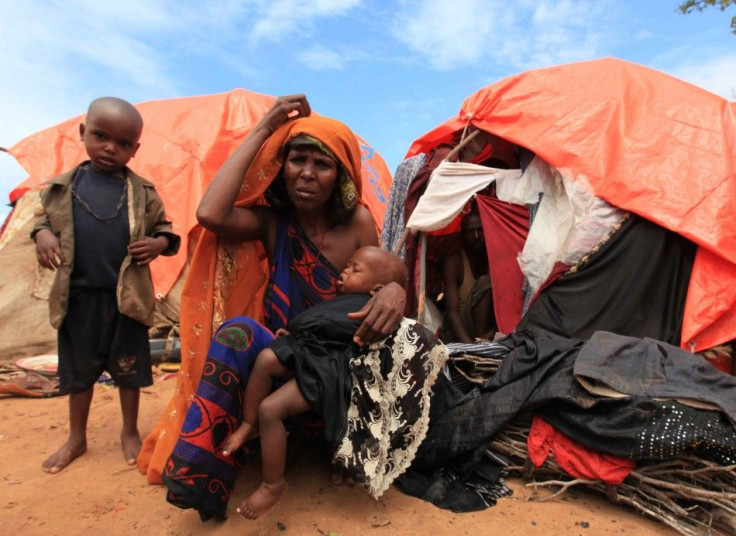Barclays Ordered To Keep Somali Money Transfer Service Dahabshiil Open Despite Risk Of Money Laundering And Funding Terrorism

The livelihood of millions of Somalis has been saved after Barclays PLC (ADR) (NYSE:BCS) was prevented by a London High Court from cutting the bank account of money transfer service Dahabshiil, which helps transfer money to Somalia from emigres living all around the world.
Barclays wanted to stop the service after seeing competitor HSBC fined billions for allowing money-laundering to occur within its bank. Barclays was concerned that Dahabshiil’s service, which is used by more than 100,000 Somalis living in the United Kingdom alone, was being used to launder money and fund terrorism in the region.
The transfer service is the last form of transfer available to receive money in a country that has no functioning ATMs and only one bank in the capital city of Mogadishu, according to the most recent World Bank Data.
A statement from Dahabshiil said the decision was not just its own victory, but “a victory for the millions of Somalis and other Africans, many of whose livelihoods depend on our services."
The charity Oxfam, who celebrated the court ruling as well, feared that stopping the transfer service could fuel a humanitarian disaster in the poverty-stricken country but warned that the court’s findings were only temporary.
"The ruling provides a small window of opportunity for Somalis living in the UK to send money home to loved ones in one of the poorest countries in the world," said Oxfam.
"However, this does not solve the problem -- a long-term fix is needed to safeguard hundreds of thousands of people relying on the money for food, medicines and education."
Somalian Prime Minister Abdi Farah welcomed the rulings, stating that a permanent solution must be found in case a full trial means the end to remittances to the country.
Barclays had given fair warning in May that it would be closing the accounts of Dahabshiil and other money transfer services, but Dahabshiil sought the injunction on the grounds that Barclays was abusing its dominant position.
The whole service placed Barclays in a difficult position and looked like it would cause it the same problems that HSBC Holdings plc (ADR) (NYSE:HBC) encountered with regulators, forcing it to pay a $1.9 billion fine. Barclays argued that it did not "have the necessary checks in place to spot criminal activity with the degree of confidence required by the regulatory environment under which Barclays operates.”
Global remittances total more than $1 billion a year, according to Oxfam, and provide a lifeline for as many as 60 percent of families in the country, according to UN reports.
The United Kingdom’s Serious Organised Crime Agency has identified Somalia as a hotbed of terrorism and it is feared that the funds are finding the way into the hands of groups like al-Shabab, responsible for the Kenyan shopping mall attack last month. It was also revealed in a report released on Monday that Somali piracy is benefiting from outside funding, generating more than $400 million in ransom money for the region, according to the World Bank.
However, some experts have said shutting the transfer operation down would make tracking the money more difficult and push remittances underground, letting the money be further misappropriated by potential terrorists and leaving honest recipients stranded and in difficulty.
© Copyright IBTimes 2024. All rights reserved.












